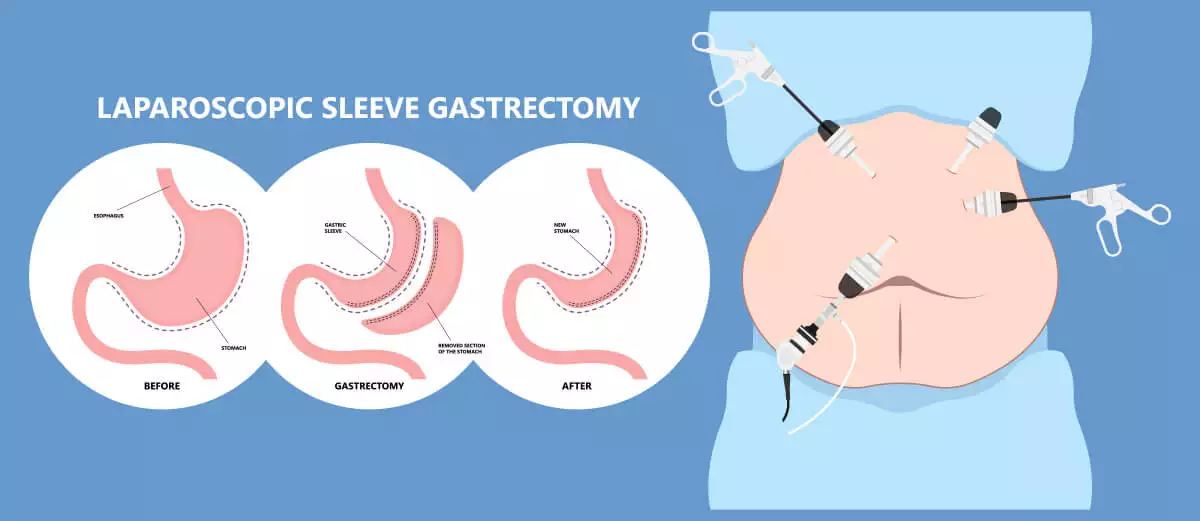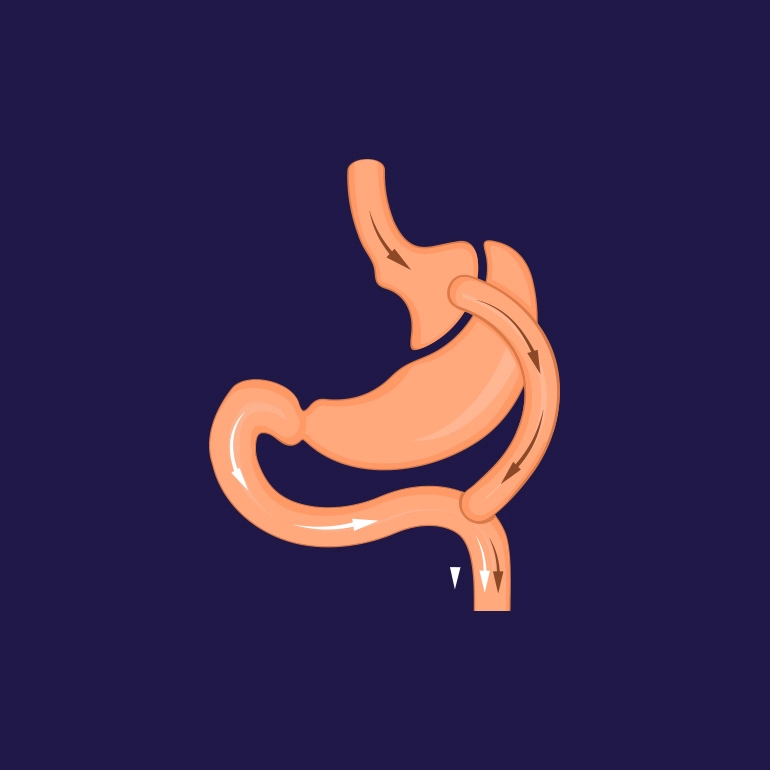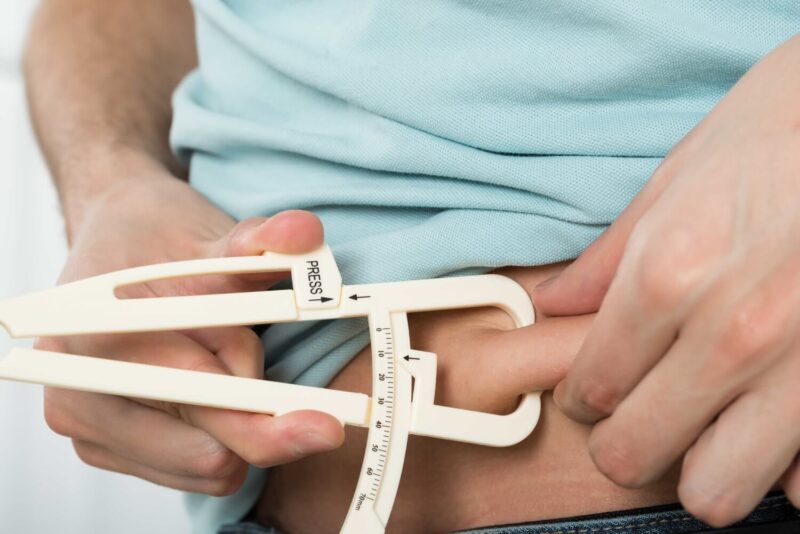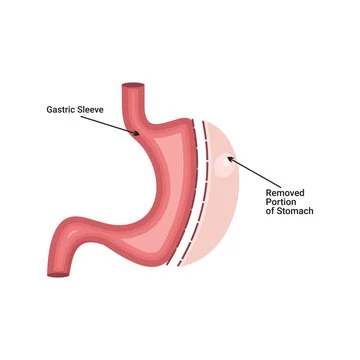7 Key Insights into Sleeve Gastrectomy Surgery: What to Expect Before, During, and After:
If you’re considering sleeve gastrectomy, also known as gastric sleeve surgery, it’s important to understand the entire process to make an informed decision. This guide will cover what you can expect before, during, and after the surgery, helping you navigate through this significant weight loss procedure with confidence.
Understanding Sleeve Gastrectomy
What is Sleeve Gastrectomy?
7 Key Insights into Sleeve Gastrectomy Surgery: What to Expect Before, During, and After:
Sleeve gastrectomy, or gastric sleeve surgery, is a popular weight loss procedure designed to help people struggling with obesity. During this surgery, a significant portion of the stomach is removed, leaving behind a tube-like structure, or “sleeve,” that is about the size and shape of a banana. This reduced stomach size limits food intake and helps you feel full sooner.
Why Choose Sleeve Gastrectomy?
7 Key Insights into Sleeve Gastrectomy Surgery: What to Expect Before, During, and After:
The primary goal of sleeve gastrectomy is to promote significant and sustainable weight loss. For many individuals with severe obesity, this procedure offers a solution when other methods, such as diet and exercise, have not been successful. The surgery also helps improve or resolve obesity-related conditions such as type 2 diabetes, high blood pressure, and sleep apnea.
Before Sleeve Gastrectomy: Preparation and Planning
Initial Consultation
7 Key Insights into Sleeve Gastrectomy Surgery: What to Expect Before, During, and After:
Your journey begins with an initial consultation with a bariatric surgeon. During this meeting, the surgeon will evaluate your overall health, discuss your weight loss surgery turkey goals, and determine if you’re a suitable candidate for the procedure. This is also a time for you to ask questions and learn about the potential benefits and risks of sleeve gastrectomy.
Preoperative Testing
To ensure you’re ready for surgery, you’ll undergo several tests and evaluations. These might include:
- Blood Tests: To check for anemia, infection, and overall health.
- Imaging Tests: Such as an upper gastrointestinal (GI) series or endoscopy to examine your digestive system.
- Cardiac Evaluation: If you have a history of heart disease or other conditions.
- Pulmonary Assessment: To assess lung function, especially if you have respiratory issues.
Dietary and Lifestyle Changes
Before your surgery, you’ll need to make some changes to your diet and lifestyle:
- Preoperative Diet: Often, you’ll be required to follow a special preoperative diet to shrink your liver and reduce the risk of complications. This diet typically includes a liquid diet or a high-protein, low-carb diet.
- Exercise: Incorporating physical activity into your daily routine can help prepare your body for surgery and improve recovery.
Psychological Assessment
Since weight loss surgery is a major life change, a psychological evaluation may be required. This assessment helps ensure you’re mentally prepared for the changes that come with the procedure and supports long-term success.
During Sleeve Gastrectomy: What to Expect on Surgery Day
Anesthesia
On the day of your surgery, you will receive general anesthesia, which means you’ll be asleep and pain-free throughout the procedure. An anesthesiologist will monitor your vital signs and ensure you’re comfortable during the operation.
The Procedure
Sleeve gastrectomy is usually performed laparoscopically, which involves making several small incisions in the abdomen. The surgeon inserts a tiny camera and specialized instruments through these incisions to remove about 75-80% of your stomach.
- Creation of the Sleeve: The surgeon will carefully cut away the majority of your stomach, leaving behind a narrow, sleeve-shaped stomach.
- Closing the Incisions: Once the stomach is reduced in size, the surgeon will close the incisions with sutures or staples.
Duration and Hospital Stay
The procedure typically takes 1-2 hours. After surgery, you’ll spend some time in the recovery room before being moved to your hospital room. Most patients stay in the hospital for 1-2 days, depending on their recovery progress.
After Sleeve Gastrectomy: Recovery and Lifestyle Changes
Immediate Postoperative Care
7 Key Insights intosleeve gastrectomy: What to Expect Before, During, and After:
In the immediate aftermath of the surgery, you’ll experience some pain and discomfort, which is managed with medication. You’ll start with a clear liquid diet and gradually progress to full liquids and then soft foods as your stomach heals.
- Pain Management: Your healthcare team will provide pain relief options to keep you comfortable.
- Wound Care: It’s important to keep your incisions clean and dry to prevent infection.
Long-Term Dietary Adjustments
Adhering to a new diet is crucial for long-term success:
- Gradual Introduction of Foods: Start with clear liquids, then progress to full liquids, soft foods, and eventually solid foods. Follow your surgeon’s guidelines on portion sizes and food types.
- Nutritional Requirements: Focus on high-protein foods, vitamins, and minerals to support your health and weight loss. You may need to take supplements to ensure you’re getting essential nutrients.
Lifestyle Changes
Adopting a healthy lifestyle is key to maintaining your weight loss:
- Regular Exercise: Incorporate physical activity into your daily routine to support weight loss and overall health.
- Behavioral Changes: Develop new eating habits, such as eating slowly and mindfully, to help you feel satisfied with smaller portions.
Follow-Up Appointments
Regular follow-up appointments with your surgeon and dietitian are essential to monitor your progress, address any concerns, and make adjustments to your treatment plan if needed.
Potential Risks and Complications
While sleeve gastrectomy is generally safe, like all surgeries, it carries some risks:
- Surgical Risks: These include infection, bleeding, and adverse reactions to anesthesia.
- Postoperative Risks: Potential complications include leakage from the stomach staple line, blood clots, and nutritional deficiencies.
It’s important to be aware of these risks and work closely with your healthcare team to minimize them.
Success Rates and Outcomes
7 Key Insights into Sleeve Gastrectomy Surgery: What to Expect Before, During, and After:
Most patients who undergo sleeve gastrectomy experience significant weight loss and improvement in obesity-related health conditions. Studies show that patients can lose 60-70% of their excess weight within the first year following surgery. Long-term success largely depends on adherence to dietary guidelines, lifestyle changes, and regular follow-up care.
Conclusion:7 Key Insights into Sleeve Gastrectomy Surgery: What to Expect Before, During, and After
Sleeve gastrectomy is a powerful tool for achieving substantial weight loss and improving quality of life for those struggling with obesity. By understanding what to expect before, during, and after the surgery, you can better prepare yourself for this transformative journey. Make sure to work closely with your healthcare team, follow their guidance, and embrace the necessary lifestyle changes to achieve the best possible outcome from your gastric sleeve surgery.
If you’re considering sleeve gastrectomy, don’t hesitate to reach out to a qualified bariatric surgeon to discuss your options and start on the path to a healthier, more fulfilling life.








